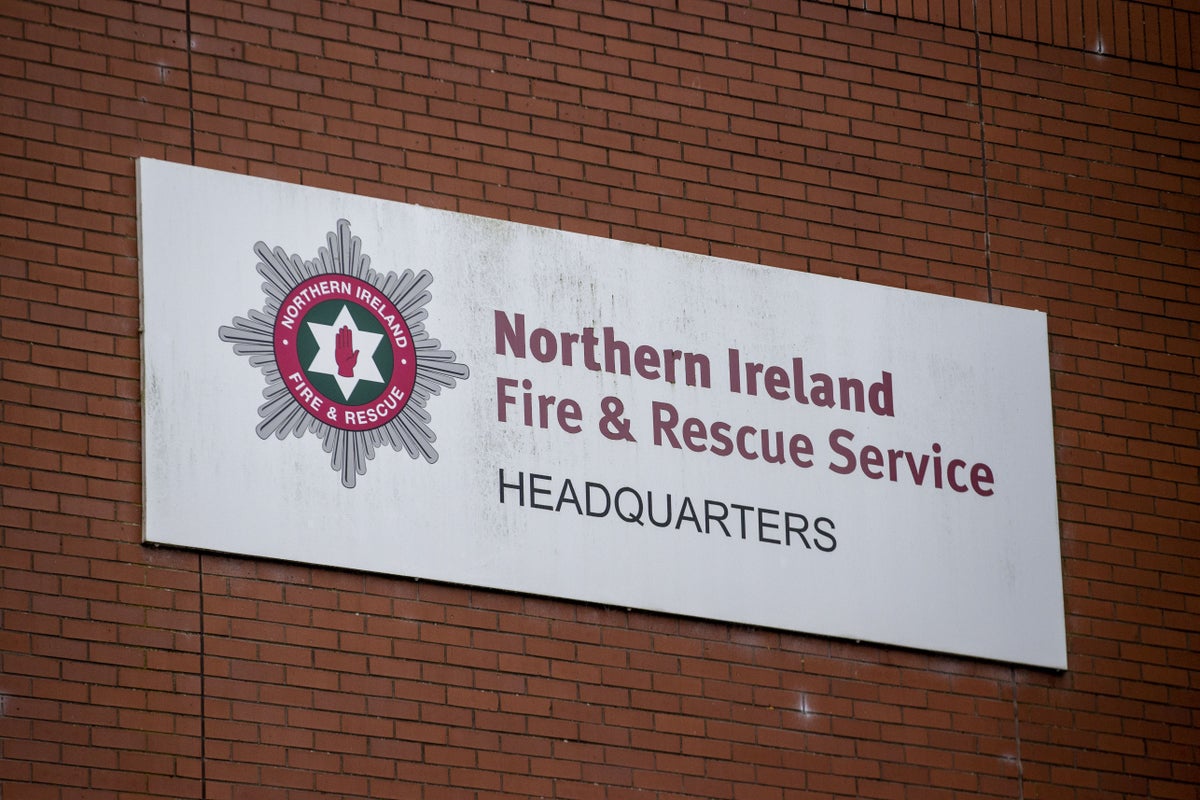
The interim chief fire officer in Northern Ireland said discussions are ongoing over “special arrangements” to cover emergencies if firefighters go on strike.
Firefighters in the region have voted overwhelmingly to strike over pay.
Members of the Fire Brigades Union (FBU) in Northern Ireland backed walkouts by 94% on a turnout of 68%.
FBU members across the UK rejected a below-inflation 5% pay offer last November.
The union said it is giving the Government and employers 10 days to make an improved offer before deciding its next move.
If they go ahead, the strikes will be the first nationwide fire strikes over pay since 2003.
Northern Ireland Fire & Rescue Service (NIFRS) interim chief fire and rescue officer Andy Hearn said he respects the result of the ballot.
He said: “I wholly support a pay increase for our firefighters and absolutely recognise the right of firefighters to participate in peaceful strike action.
“This is a national issue which we are closely monitoring.
“We will continue to engage with the FBU, National Joint Council, Department of Health and other key stakeholders.
“As an organisation we have a legal responsibility to prepare for strike action and a legal responsibility to deliver our statutory duty.
I want to reassure the community that we are doing everything we can to resolve this national issue— Andy Hearn, Northern Ireland Fire & Rescue Service
“In terms of contingency planning, discussions are ongoing with the FBU to reach clarity about the special arrangements they are prepared to agree for NIFRS, which would enable firefighters to respond to certain categories of high-risk calls should a strike go ahead.
“We recognise that the outcome of this ballot may cause concern or feelings of uncertainty amongst the community that we serve.
“I want to reassure the community that we are doing everything we can to resolve this national issue.
“We will know more about what this ballot means for us as a service in the coming days and weeks and we will continue to provide updates as appropriate.”
Mr Hearn told the BBC contingency measures could include bringing in the military to cover callouts.







